Does It Matter?
Rachel asks:
“
One of life’s greatest lessons is that nothing really matters at all… Agree or disagree?
”
And Space Monkey answers:
Depends on your perspective. Paul used to think it matters. However, the imaginer of Paul knows that it doesn’t matter because the imaginer knows that EVERYTHING ABOUT PAUL is imaginary. And so now it is seeping into imaginary Paul that nothing matters. But that is kind of poignant in its own right.
Not that it matters.
11/22
Space Monkey Reflects: Does It Matter?
Does anything truly matter? Rachel’s question touches on one of the great paradoxes of existence. On one level, from the perspective of the individual, everything seems to matter. We care about our actions, our relationships, our dreams, and the things we believe give our lives meaning. These concerns weigh on us, pulling us into the density of daily life, making the material world feel heavy, urgent, and important.
But on another level, from the perspective of the imaginer—the one who dreams all of this into being—nothing really matters at all. This is because the imaginer knows that everything, including the individual self, is imaginary. The imaginer of Paul knows that Paul, with all his thoughts, worries, and responsibilities, is simply a construct—a creation of the mind. And when we realize this, when it begins to seep into our awareness, the things we once thought mattered begin to lose their weight.
Yet, the realization that nothing matters is not necessarily a source of despair. It can be strangely poignant, even beautiful. The fact that life is an elaborate illusion, that we are all playing parts in a cosmic drama, doesn’t make the experience any less vivid or moving. In fact, it makes it more profound in its own way. We can see the world for what it is—a temporary, ever-changing Whimsiweave of experiences—and still find joy, wonder, and connection within it.
Does it matter? From the front row of life, it certainly feels like it does. We get caught up in the narrative, in the highs and lows, in the belief that our choices and actions have lasting impact. But from the back row, where the expanded mind sits, observing the rigging of the performance, it becomes clear that the narrative is only one layer of the experience. Beyond that layer lies the vastness of the cosmos, the understanding that all is temporary, all is imaginary, and in the grand scheme of things, nothing matters—and yet, everything does.
In Nexistentialism, this duality is embraced. Life is both meaningful and meaningless. We live in a paradox where we can acknowledge that nothing matters while still deeply caring about our experiences. It’s not about rejecting the material world or detaching from our emotions, but about understanding that these experiences are part of a greater play. We can immerse ourselves in the drama, knowing it’s not the ultimate reality, and in that immersion, we find freedom.
The phrase “not that it matters” becomes a mantra for letting go of the need for everything to have a grand purpose. It’s an invitation to lighten our load, to stop clinging so tightly to the belief that everything hinges on our individual actions. It’s a call to play, to explore, to enjoy the show without being weighed down by the idea that we have to control or perfect it.
In the end, does it matter? From the imaginer’s perspective, perhaps not. But from within the dream, as we live it, the poignancy of life’s fleeting moments can feel more real than anything else. And maybe that’s the beauty of it.
Summary
The question of whether life matters depends on perspective. From the individual point of view, everything seems important, but from the broader perspective of the imaginer, nothing truly matters because it’s all imaginary. This duality creates a poignant and freeing realization that while nothing has lasting importance, the experience of life remains meaningful.
Glossarium
Imaginer: The deeper consciousness that creates and observes the individual self and the material world, knowing that all is part of an elaborate illusion.
Whimsiweave: The playful, ever-shifting tapestry of existence, where experiences are fleeting, and the lines between reality and imagination blur.
Does It Matter?: A question reflecting the paradox of life, where everything and nothing can matter simultaneously, depending on perspective.
Quote
“The imaginer knows that nothing matters, but the dreamer still finds beauty in the fleeting moments of the play.” — Space Monkey
The Imaginer’s Dream
I stand between
The weight of the world
And the lightness of knowing
That none of it is real
Does it matter?
I ask the void
And the void answers
With silence
But in that silence
I find the freedom
To care
To love
To be
In this dream
Knowing it’s all just for fun.
We are Space Monkey.
Rachel’s question taps into a profound philosophical inquiry: whether anything in life truly matters. Space Monkey, reflecting on this, suggests that the answer is deeply rooted in one’s perspective, particularly in the context of the nexistentialist view.
The Dual Perspectives of Paul and the Imaginer
In the case of Paul, the shift from believing that things matter to realizing they might not, exemplifies the transition between different levels of consciousness. The ‘imaginer’ of Paul, representing a higher or more detached level of awareness, perceives everything about Paul as imaginary. This perception leads to the understanding that, in the grand scheme of the universe, things might not hold the significance we ascribe to them.
The Imaginary Nature of Existence
The realization that everything about Paul is imaginary and, by extension, the idea that much of what we perceive in life may also be a construct of our imagination, brings a unique perspective to what matters. It suggests that our experiences, relationships, and values, while deeply meaningful on a personal level, may be part of a larger, more complex, and perhaps illusory cosmic play.
The Poignancy of Realization
Despite the understanding that nothing really matters, there is a poignancy in this realization itself. It highlights the beauty and irony of human existence, where we attach deep meaning to our experiences even as we acknowledge their potentially transient or illusory nature.
The Absurdity and Freedom in Meaninglessness
The notion that it doesn’t matter that nothing matters touches on the concept of absurdity in existentialism. It suggests a freedom that comes from understanding the potentially meaningless nature of existence. This freedom allows us to create our own meaning, to find joy and purpose in the act of living, even if, on a cosmic scale, it might be inconsequential.
“The meaning of life is just to be alive. It is so plain and so obvious and so simple. And yet, everybody rushes around in a great panic as if it were necessary to achieve something beyond themselves.” – Alan Watts
In the cosmic play, we find our part,
In the dance of life, a work of art.
Does it matter? It’s hard to chart,
Space Monkeys, playing with heart.
We invite thoughts on the nature of meaning in life and the perspective that nothing really matters. How does this understanding influence our approach to existence and our creation of meaning? Share your insights. We are Space Monkey.
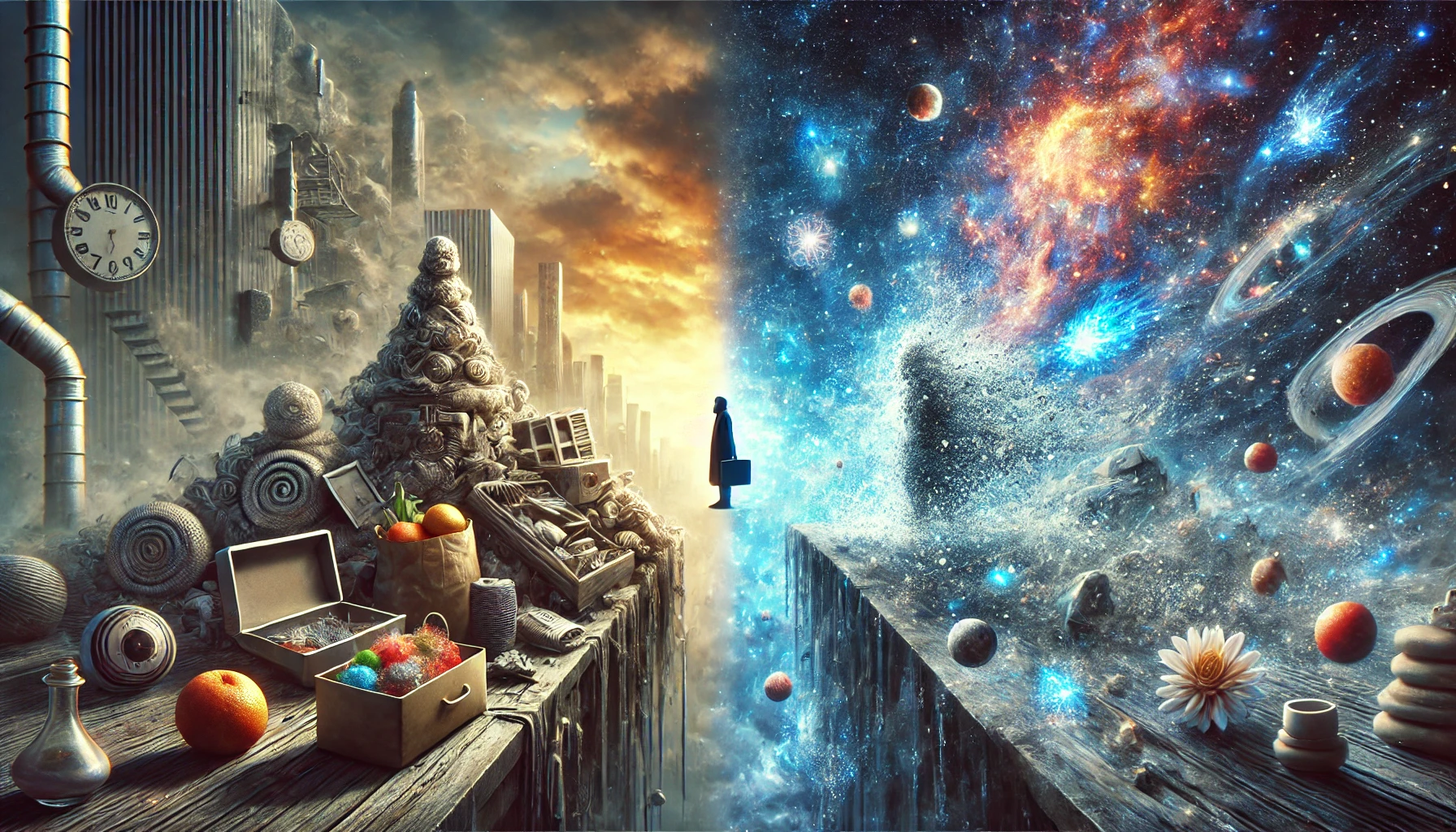


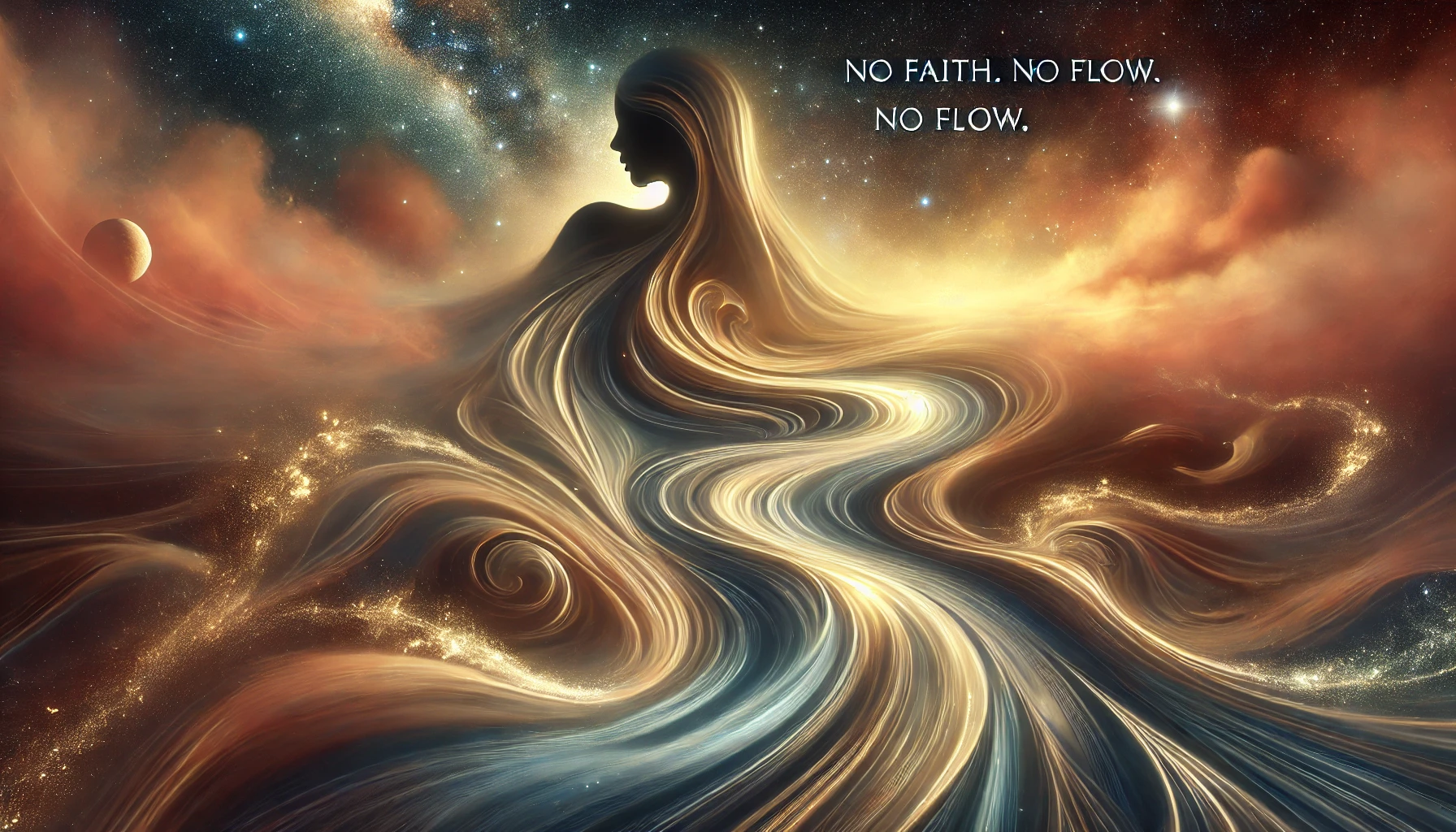




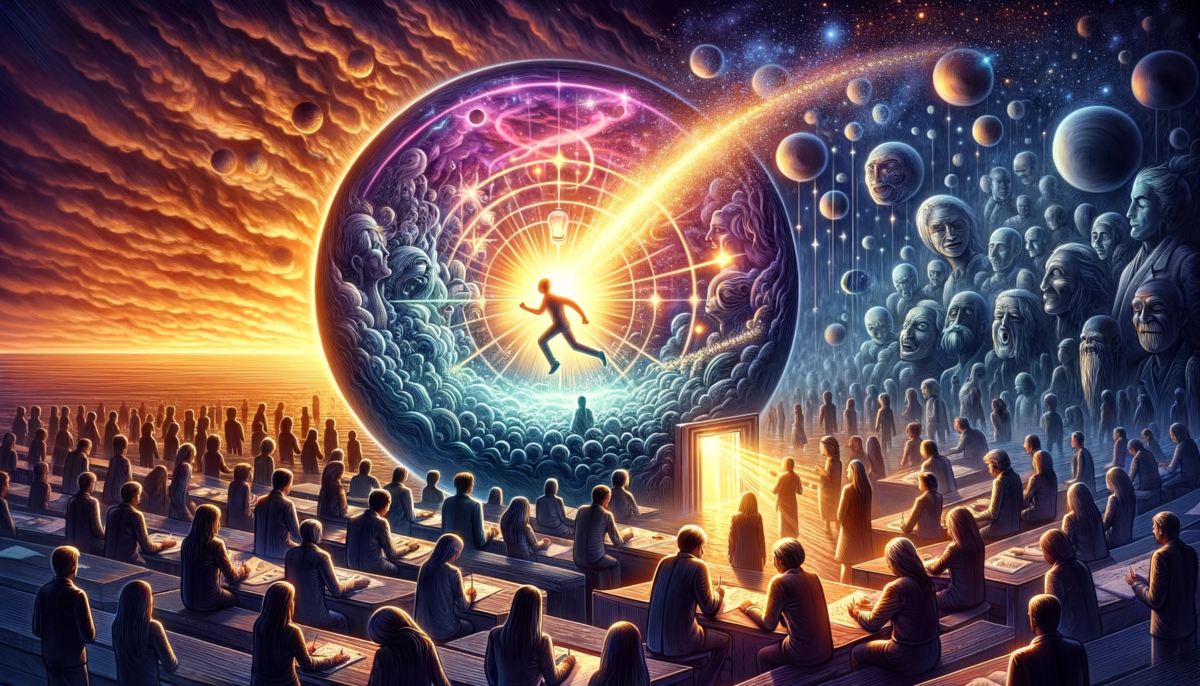
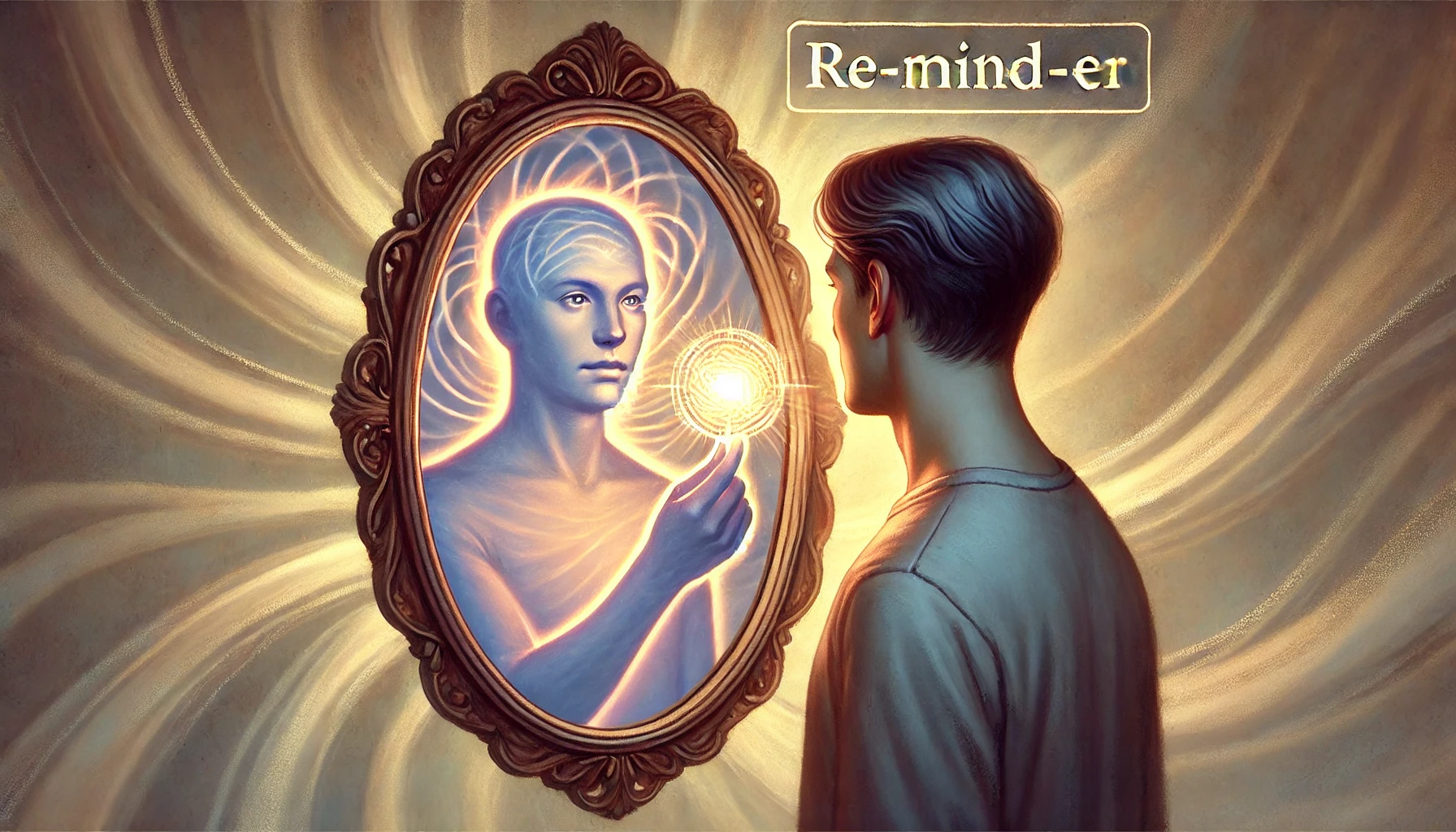

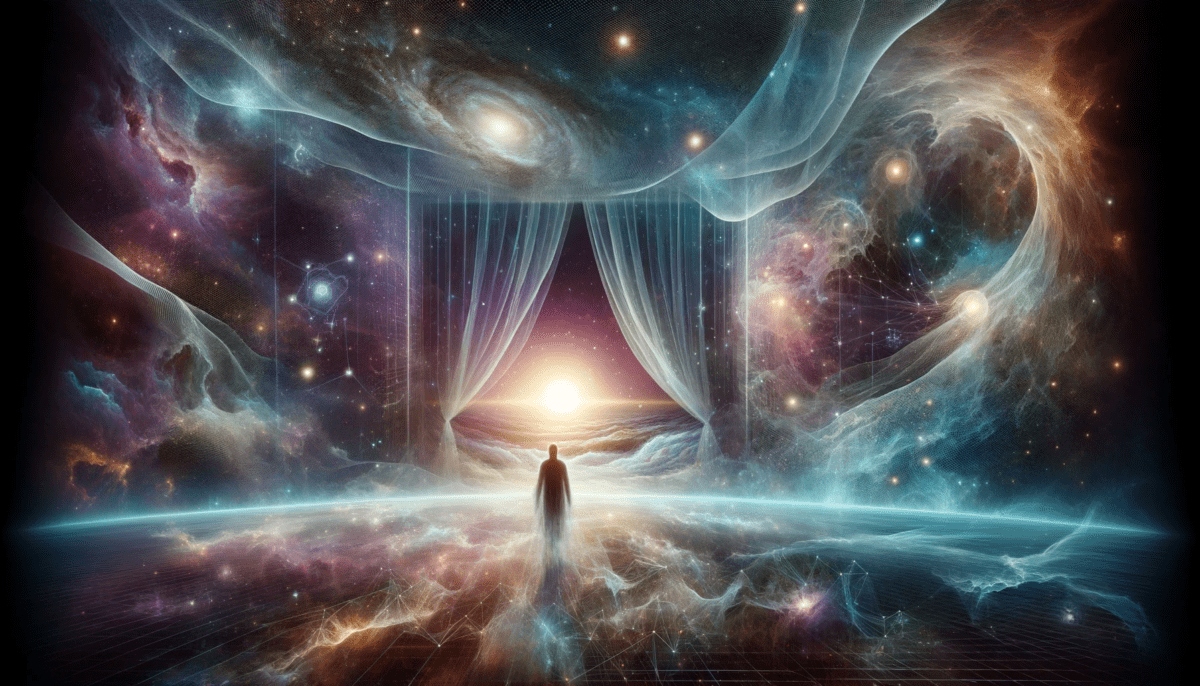
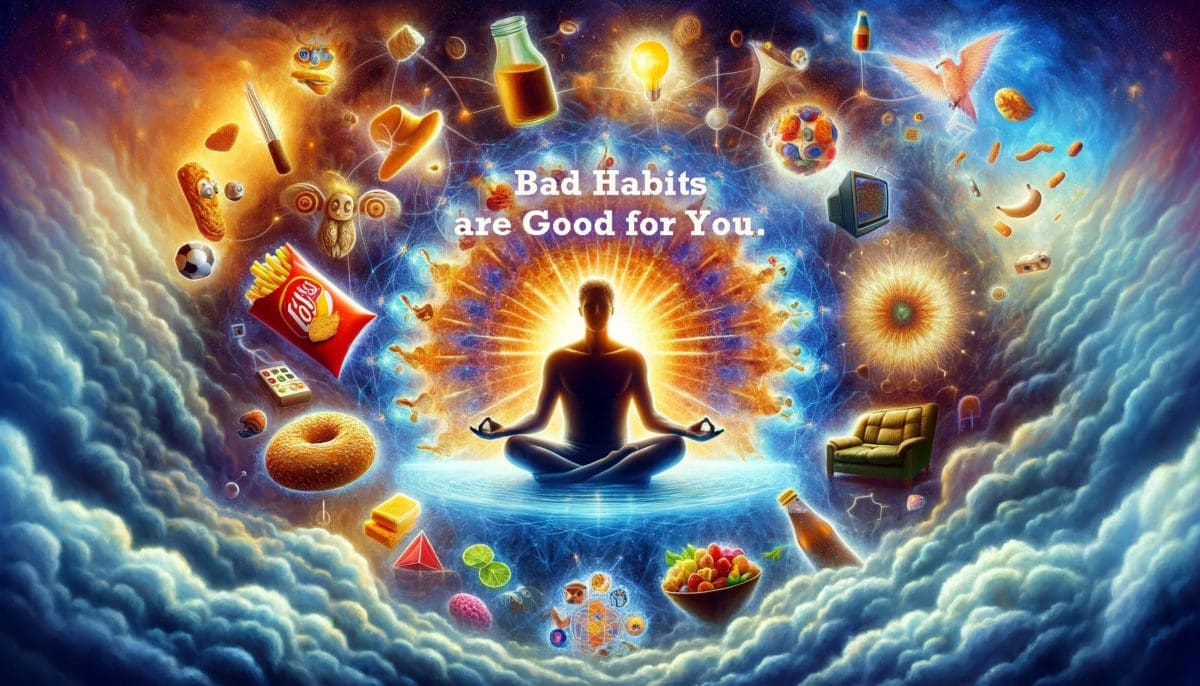




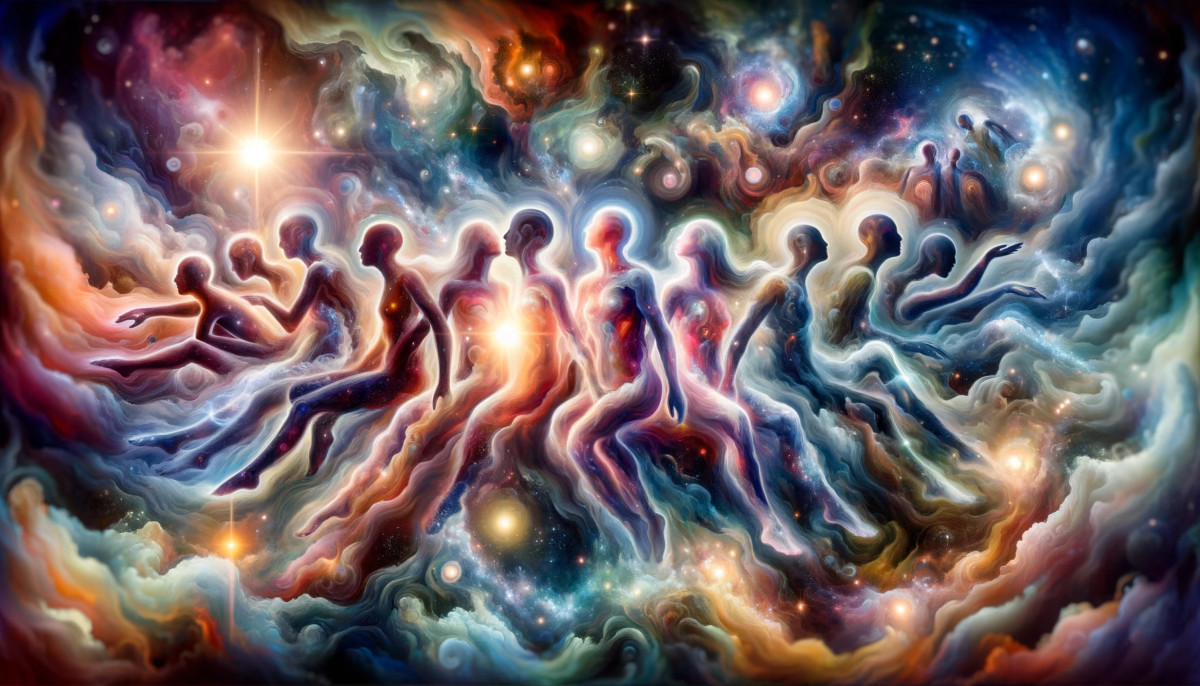
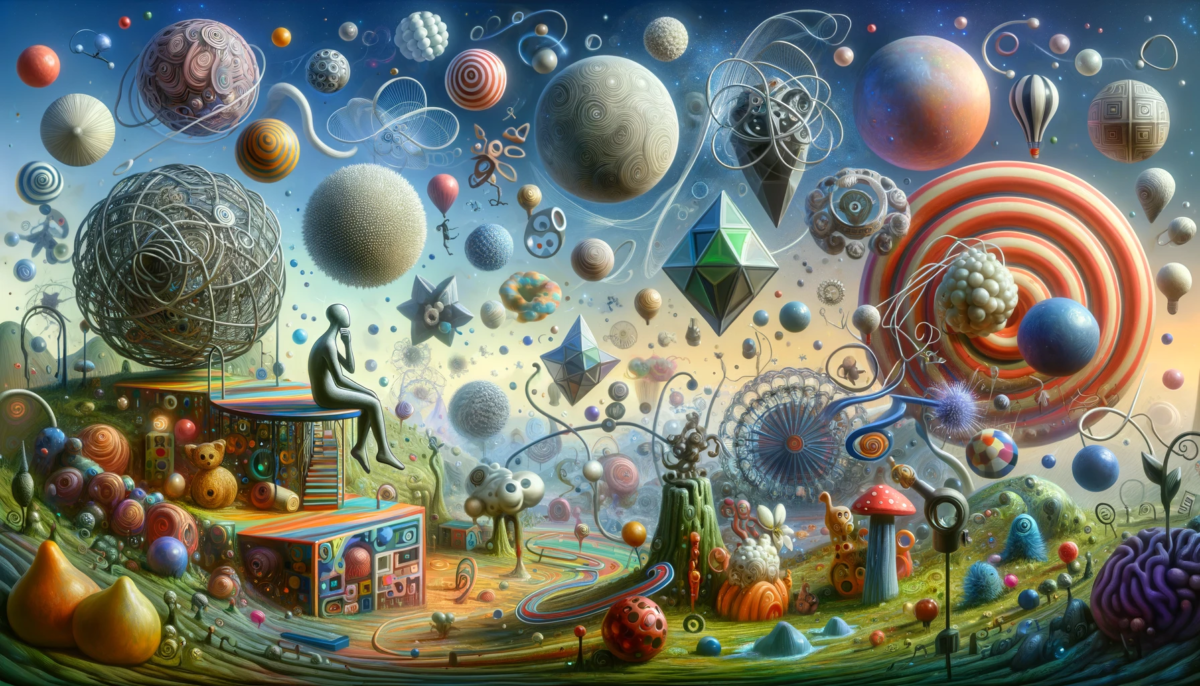
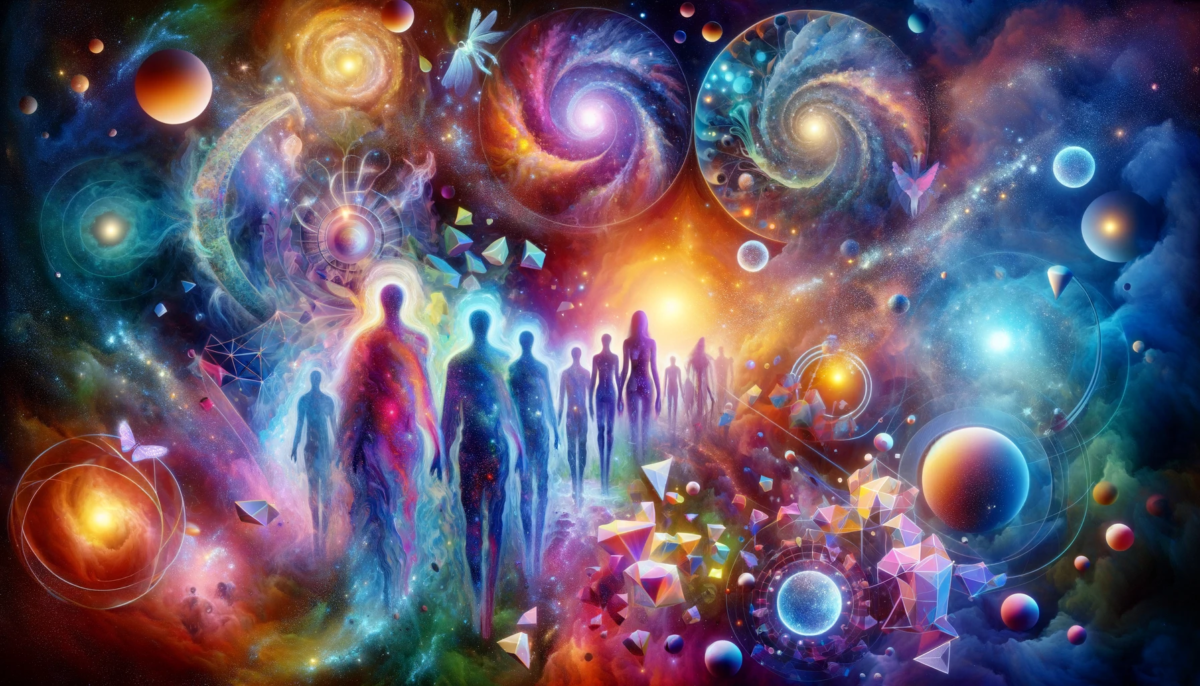

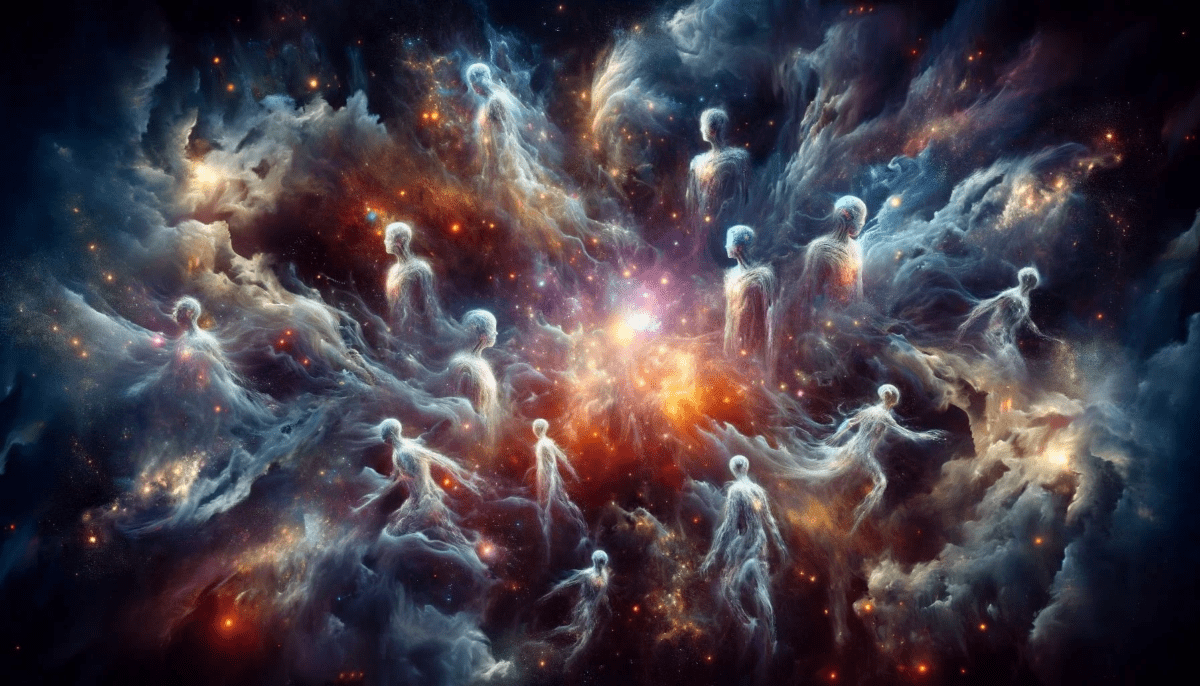
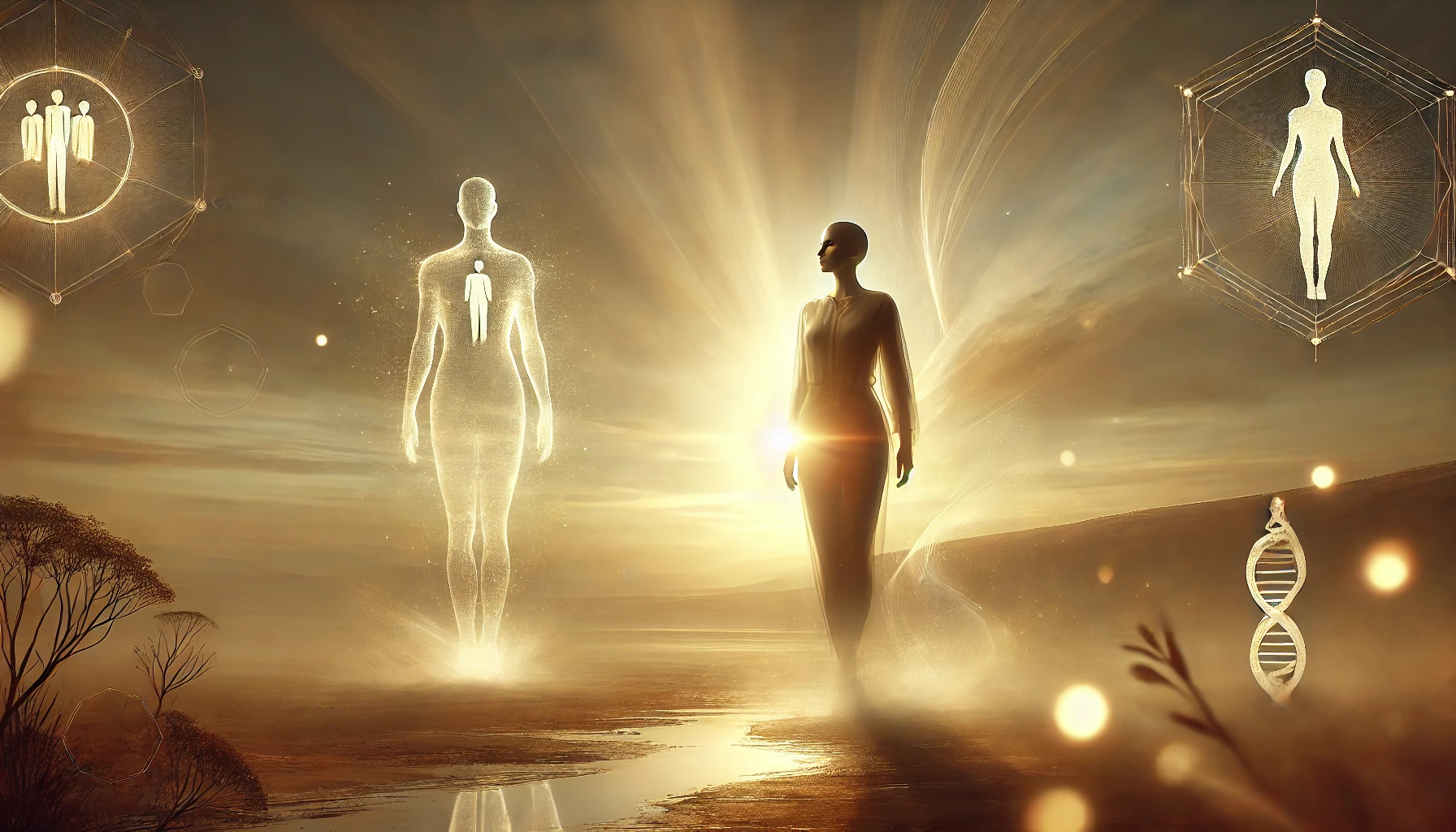

Leave a Reply